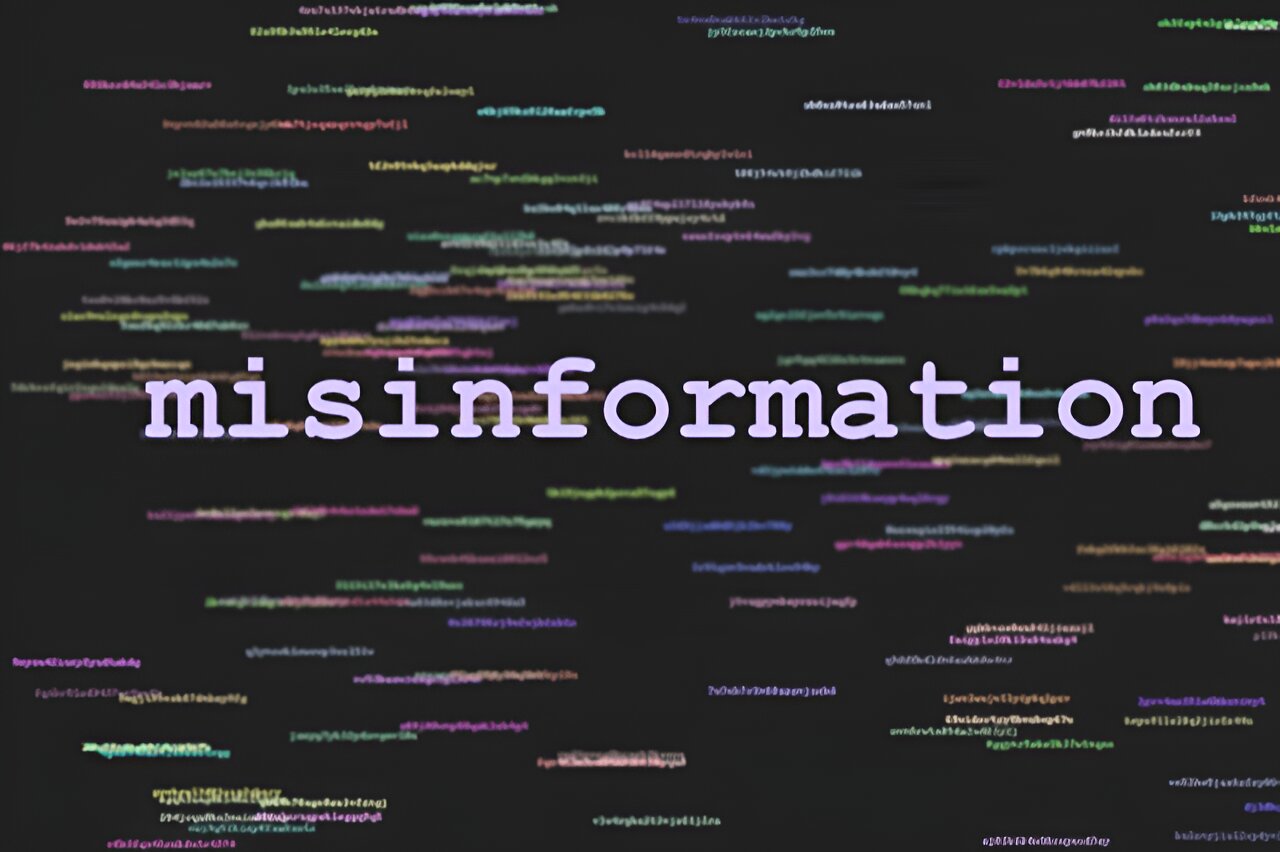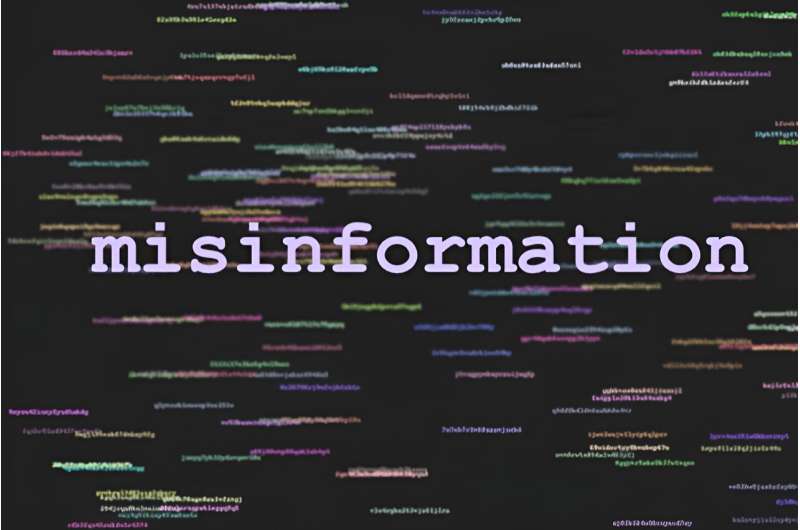

Sharing false political information on social media by users may be associated with aspects of personality such as positive schizotypy, a set of traits including paranoia, suspicion and disrupted thinking patterns. It may also be linked to a motivation to increase awareness according to a study published June 26, 2024 in the open-access journal PLOS ONE by Tom Buchanan, University of Westminster, UK, and colleagues.
The spread of false political information on social media can tarnish trust in authentic news and even contribute to social unrest. Knowingly or not, a small portion of social media users actively share false material.
Buchanan and colleagues asked what differentiates those who share false material on social media from those who do not and why they do it. To do this, they tested two categories of factors: individual user differences (like personality) as well as user motivation.
The researchers conducted four individual studies on a total of 1,916 US residents. Participants did not overlap between studies.
- Study 1 used a cross-sectional online survey to explore the relationship between individual differences (e.g., positive schizotypy, conscientiousness and decision-making style) and users’ self-reported tendency to share false information.
- Study 2 expanded on Study 1 by surveying respondents’ motivations for sharing false information (e.g., activism, manipulation, and entertainment).
- In Study 3, participants (whose individual differences and motivations were surveyed) viewed a series of true and false political headlines, and were asked to indicate whether they would consider sharing each and whether each was truthful.
- In Study 4, the researchers assessed real Tweets posted by participants to determine if the factors identified in Study 1, 2 and 3 are associated with actual sharing of false material on Twitter.
Across all studies, the researchers found evidence that positive schizotypy is related to sharing false information, both accidentally and deliberately, though they note that the effect sizes are small. This might be because positive schizotypy is associated with decision-making based more on intuition—and sometimes biases—rather than reflective/deliberate thought, though the researchers suspect the mechanism may be complex. As for motivations, participants most commonly reported sharing political information for reasons of “raising awareness.”
The researchers noted limitations of their studies: small sample sizes in some cases limited the exploratory analysis that could be performed, and participants may not always have known whether or not the information they shared was false.
A better understanding of who shares false information and why may help in identifying and developing targeted strategies to combat the spread of misinformation, the researchers say. They also suggest further research is needed to understand the links between positive schizotypy and spread of misinformation.
The authors add, “We’ve all seen false political information on social media, but only a few of us choose to share it. This study showed that our specific motivations for sharing, as well as our individual psychological characteristics, are associated with sharing false material both accidentally and on purpose.”
More information:
Individual differences in sharing false political information on social media: Deliberate and accidental sharing, motivations and positive schizotypy, PLoS ONE (2024). DOI: 10.1371/journal.pone.0304855
Provided by
Public Library of Science
Citation:
Sharing false political information on social media may be associated with positive schizotypy, research suggests (2024, June 26)
retrieved 27 June 2024
from https://phys.org/news/2024-06-false-political-social-media-positive.html
This document is subject to copyright. Apart from any fair dealing for the purpose of private study or research, no
part may be reproduced without the written permission. The content is provided for information purposes only.